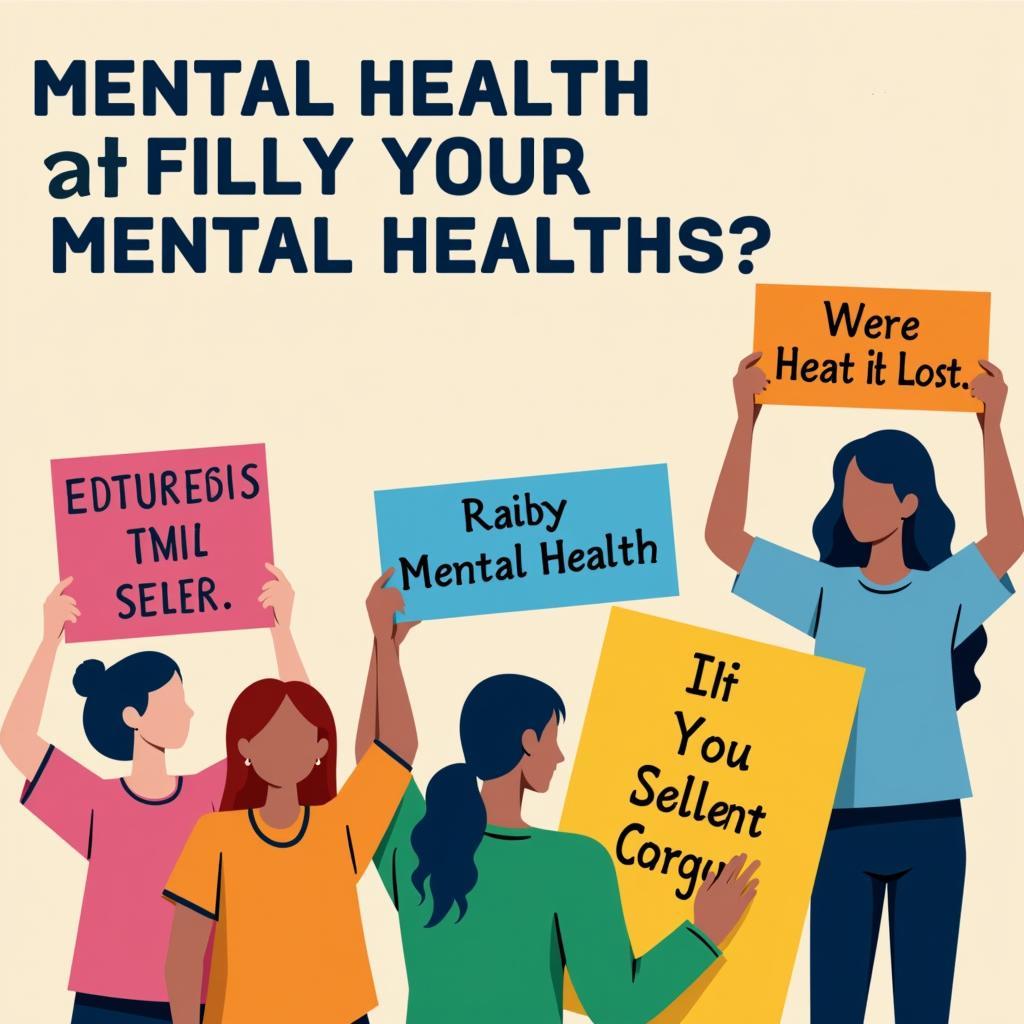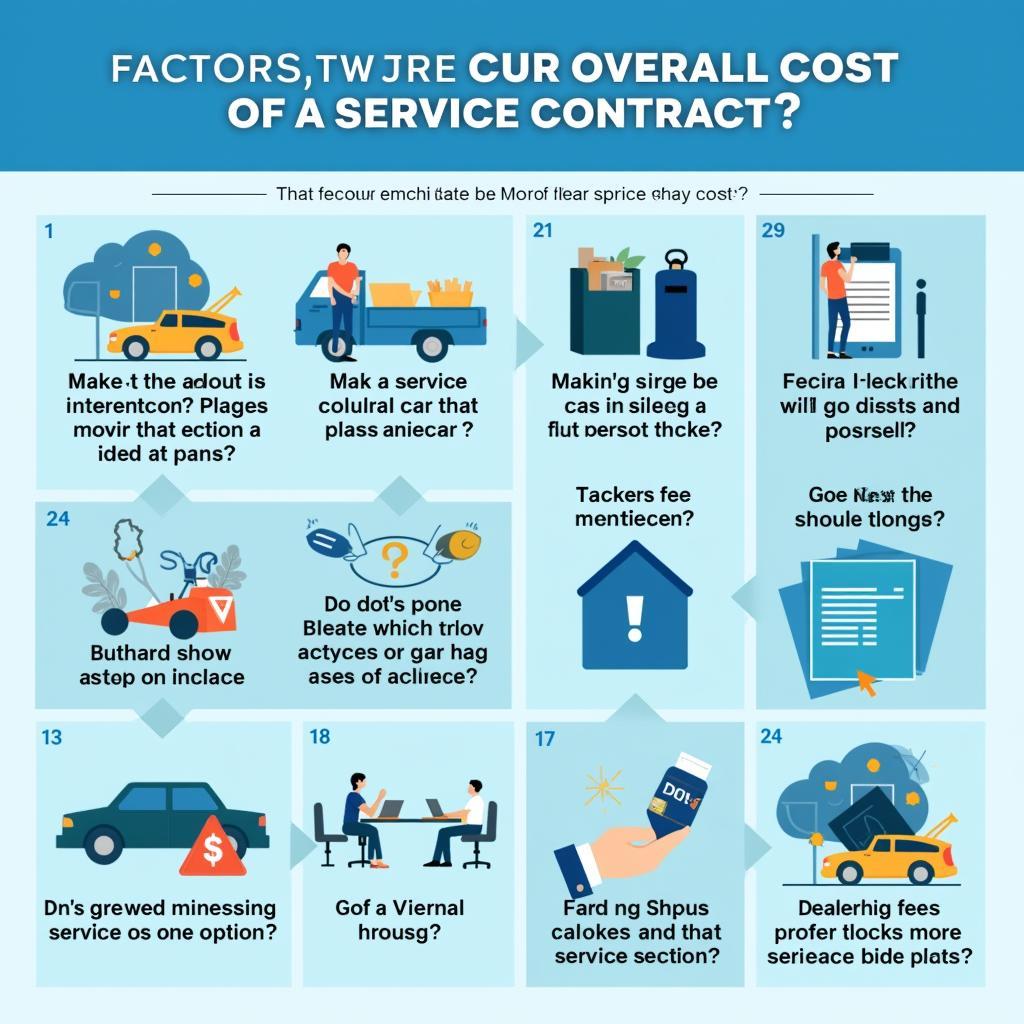Why Mental Health Services Should Be Considered Preventative Care
Mental health services should be considered preventative care, just like annual physicals or dental checkups. Addressing mental health concerns early can prevent them from escalating into more serious issues, improving overall well-being and reducing long-term healthcare costs. This proactive approach emphasizes early intervention and promotes mental wellness as a vital component of overall health.
The Importance of Preventative Mental Health Care
Preventative mental healthcare focuses on identifying and addressing potential mental health issues before they become debilitating. This includes regular check-ins with a mental health professional, learning coping mechanisms for stress and anxiety, and building a support system. By prioritizing mental health, individuals can enhance their resilience, improve their ability to cope with life’s challenges, and ultimately lead more fulfilling lives. Just as we visit the doctor for regular checkups to prevent physical ailments, we should prioritize our mental well-being with the same level of care.
Many people believe that seeking mental health services is only necessary when facing a significant crisis. However, this reactive approach often means dealing with more severe symptoms and longer recovery times. Preventative care, on the other hand, allows for early detection and intervention, potentially mitigating the impact of mental health challenges before they become overwhelming. This proactive approach can save individuals from unnecessary suffering and reduce the burden on healthcare systems.
How Preventative Mental Health Care Works
Preventative mental healthcare takes many forms. It can involve individual therapy, group therapy, support groups, or even educational workshops. These services can equip individuals with the tools and strategies they need to manage stress, build resilience, and foster positive mental health habits. It’s about building a strong foundation for mental well-being, similar to how regular exercise and a balanced diet contribute to physical health.
For example, learning stress management techniques through therapy or workshops can empower individuals to navigate challenging situations more effectively. Similarly, participating in support groups can provide a sense of community and connection, fostering a supportive environment where individuals can share their experiences and learn from others.
 Connecting with Others in a Mental Health Support Group
Connecting with Others in a Mental Health Support Group
The Benefits of Early Intervention
Early intervention in mental health can significantly improve long-term outcomes. By addressing mental health concerns early on, individuals can prevent them from escalating into more severe and persistent issues. This proactive approach can reduce the need for more intensive interventions later, saving time, resources, and potentially preventing significant distress.
Early intervention can also improve academic and professional performance. When individuals are struggling with their mental health, it can impact their ability to focus, concentrate, and perform at their best. By addressing these challenges early, individuals can create a more conducive environment for success in all areas of their lives.
“Early intervention is key,” says Dr. Emily Carter, a renowned psychiatrist specializing in preventative mental healthcare. “By addressing mental health concerns proactively, we can significantly improve long-term outcomes and prevent unnecessary suffering.”
Addressing the Stigma Surrounding Mental Health
One of the biggest barriers to preventative mental healthcare is the stigma surrounding mental health issues. Many individuals are hesitant to seek help due to fear of judgment or discrimination. It’s crucial to break down these barriers and create a culture where seeking mental health support is normalized and encouraged.
Education and awareness campaigns can play a vital role in destigmatizing mental health. By openly discussing mental health challenges and promoting the benefits of seeking help, we can create a more supportive and understanding environment for everyone.
“Seeking mental health support is a sign of strength, not weakness,” adds Dr. Carter. “It takes courage to prioritize your well-being and seek the help you need.”
 Breaking Down the Stigma Surrounding Mental Health
Breaking Down the Stigma Surrounding Mental Health
Conclusion
Mental health services should be viewed as an essential component of preventative care. By prioritizing mental wellness and seeking support early, individuals can prevent mental health challenges from escalating and improve their overall quality of life. Just as we prioritize our physical health, we must recognize the importance of preventative mental healthcare in fostering a healthy and fulfilling life. Let’s break down the stigma surrounding mental health and embrace a proactive approach to mental well-being.
FAQ
- What are some signs that I might benefit from preventative mental health care?
- How can I find a mental health professional who specializes in preventative care?
- Is preventative mental health care covered by insurance?
- What are some effective stress management techniques?
- How can I build a strong support system for my mental well-being?
- What are some resources available for mental health support?
- How can I talk to my family and friends about my mental health?
Need support? Contact us via WhatsApp: +1(641)206-8880, Email: [email protected] or visit us at 456 Oak Avenue, Miami, FL 33101, USA. Our 24/7 customer support team is here to assist you.

